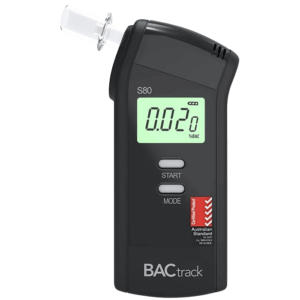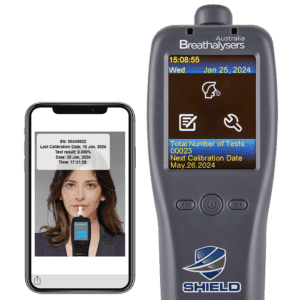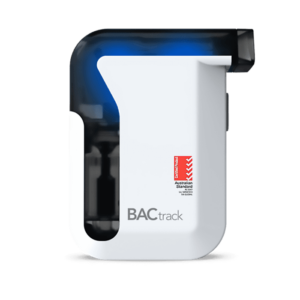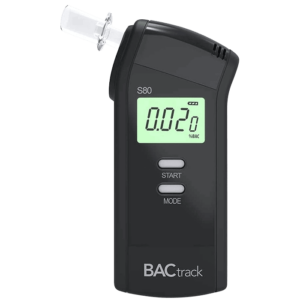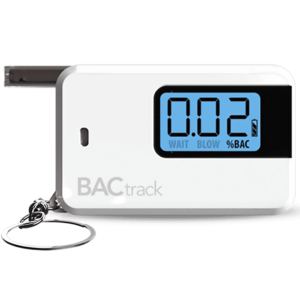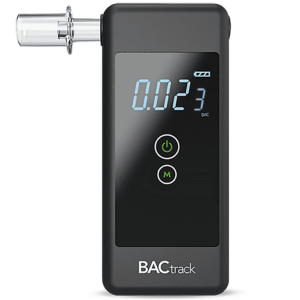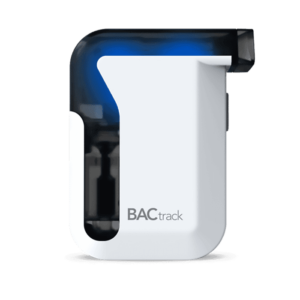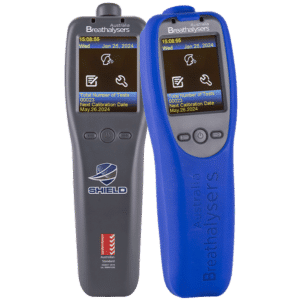Court Ordered Breathalyzer: The Need To Know
15 October, 2023

A court-ordered breathalyzer is a device for measuring the blood alcohol concentration (BAC) of a person before they can operate a vehicle. Typically, the individual must blow into the device and provide a reading that is lower than a certain level. Authorities commonly impose this requirement on individuals who have been convicted of driving under the influence (DUI) or other alcohol-related offences. It is a crucial tool in ensuring public safety and preventing repeat offences.
Intoxicated driving can have long-term consequences for the driver and those around them. This is why having a breath tester is important. Understanding the ins and outs of the breathalyzer programs is essential for those who need to use them or are curious about their components. From what they are to the laws surrounding them and the technology behind them, this article provides a comprehensive overview of everything people have to know about the breath analyser.
What is a Court-Ordered Breathalyzer
A court-ordered breathalyzer is a portable alcohol monitoring device. It measures the BAC and is typically common as a condition of probation. Moreover, it can be a part of an interlock program for individuals who have been convicted of DUI. This device allows the monitoring authority to ensure that the offender does not consume alcohol during their period of disqualification.
The breathalyzer is a handheld device. This portable alcohol breath tool is often equipped with a sensor for alcohol, which provides accurate and reliable measurements. Having a court-ordered tester can incur legal consequences if the individual fails to comply with the interlock condition. It can result in extended disqualification periods, probation violations, or even jail time.
On the other hand, successful completion of the interlock program can provide benefits such as financial assistance or a reduction in disqualification periods. The use of court-ordered breath analysers is an effective way to ensure public safety and promote responsible behaviour in those who have been convicted of DUI.
Purpose and Significance
The purpose and significance of the tester are the following:
- Its technology is significant as it helps enforce interlock conditions and probation supervision.
- A central database records and stores the results from the device. Law enforcement can access it through a cellular connection.
- It offers an interactive experience that encourages responsible behaviour in the community.
- In cases of first-time offenders, the breathalyzer can be a valuable tool to address the unintended consequences of a single incident.
- It is often required as a bond condition. Moreover, family attorneys can recommend it or family court can mandate it.
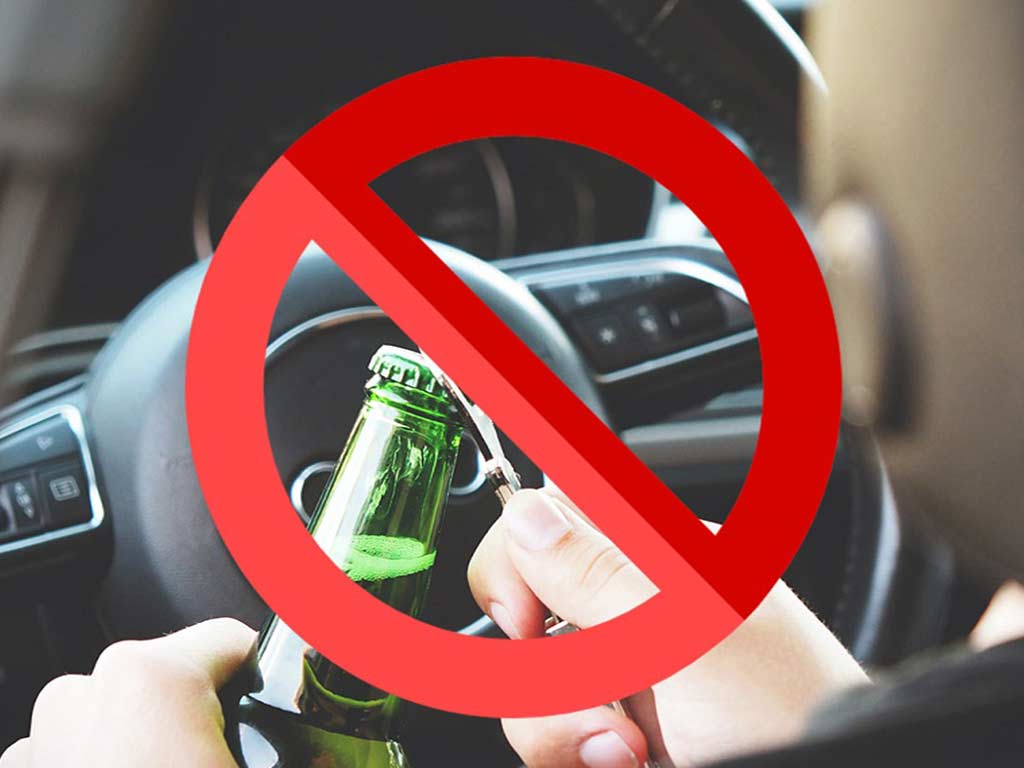
Laws and Regulations Surrounding Court-Ordered Breathalyzers
Court-ordered breathalyzers, also known as ignition interlock devices, are essential monitoring tools. The court requires individuals to provide a breath sample. These devices accurately measure the BAC and record the results. It ensures responsible behaviour during the court-ordered period.
In many cases, the laws around the testers are strict and punitive. Breathalyzers are an essential part of the legal system in most countries. The device allows legal authorities to test for the presence of alcohol in the body and determine if a person is legally intoxicated. The laws surrounding the machine are there to deter people from drinking and driving. Furthermore, they typically require the individual to take responsibility for their actions and adhere to the conditions of probation.
In addition to monitoring alcohol consumption, the breath analysers also provide evidence of compliance. It assists in determining disqualification periods. Successful completion of the interlock program or probation period may lead to lesser legal consequences. Also, it facilitates a smoother reintegration into society. These portable devices offer a reliable and efficient method of ensuring the safety and supervision of individuals under court orders.
Legal Limits for BAC
Generally, the legal BAC limit in New Zealand is 0.05%. it is a measure that can determine if a person has legal impairment. Law enforcement set the BAC limits. It typically represents the highest level of alcohol content that a driver can have in their system while driving. These limits are in place to protect everyone.
Driving with a BAC above the legal limit can result in severe legal consequences. These include fines, license suspension, and even jail time. Individuals need to be aware of the legal limits in their jurisdiction and understand the potential consequences of DUI.
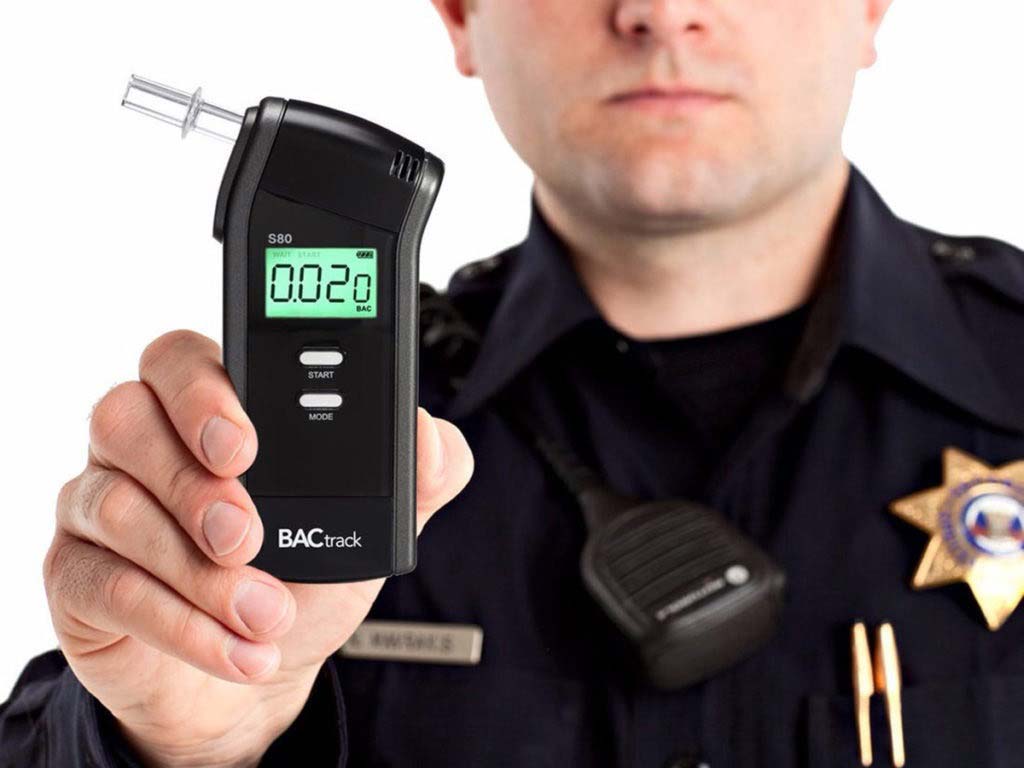
Technology Behind the Court-Ordered Breathalyzer
The technology behind a court-ordered breathalyzer plays a crucial role in preventing dangerous driving. It relies on a sensor specifically designed to measure the BAC accurately. When a person provides a breath sample, it ensures compliance with the legal limit set by law enforcement. The interlock device records and stores the breath alcohol measurement, which authorities can access.
The sensor that the breath testers commonly use is an electrochemical fuel cell. This type of sensor works by oxidizing the ethanol molecules in the sample. It produces a small electrical current. The output from the fuel cell can then be converted to a BAC reading. The accuracy of these types of breathalyzers has been tested and proven.
One of the key features of breathalyzers is their portable nature. Drivers can easily install it in vehicles and use it on the go. This not only helps prevent drink driving but also causes individuals to be aware of their alcohol intake. The devices often connect to a central database through a cellular connection. This enables the monitoring agency to track and assess the behaviour of individuals on probation or community supervision.
Challenges and Limitations
Despite the numerous benefits of the testers, there are also challenges and limitations. Financial assistance can be a major concern for individuals who need to install and maintain the device. The cost of purchase, installation, and monthly fees can be financially burdensome, especially for those already facing legal consequences.
Additionally, there may be unintended consequences of relying solely on BAC measurement as a determinant of sobriety. Factors such as mouthwashes or certain medical conditions may influence the accuracy of the readings, leading to potential false positives or negatives. This raises concerns about the reliability and effectiveness of the machine as a sole monitoring tool.
Conclusion
A court-ordered breathalyzer is crucial in the legal system. It ensures public safety and prevents repeat DUI offences or alcohol-related problems. Its purpose is to monitor alcohol levels, promote responsible behaviour, and deter drinking and driving. Understanding the laws about the testers is important for individuals. This is because failing probation conditions can lead to legal consequences such as losing driving privileges or facing additional criminal charges.
It is essential to comprehend what the rights and responsibilities of everyone mean. People have the right to refuse to submit to testing. However, this likely means they may lose or suspend their license until the completion of all steps. Additionally, they should always remember that any evidence that authorities can obtain from a court-ordered breath tester can be used against them if charged. It is a beneficial tool, but they have inherent challenges and limitations.



















